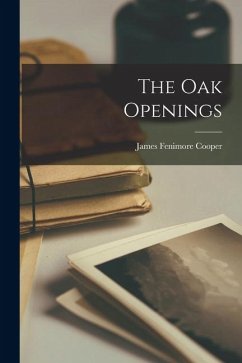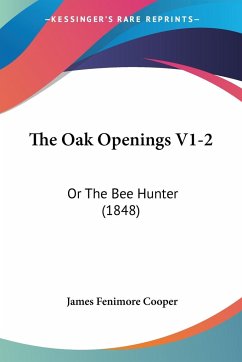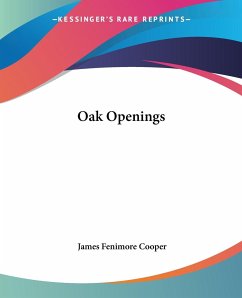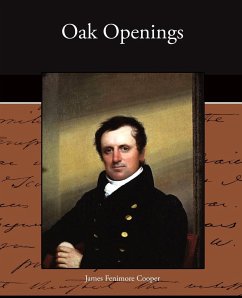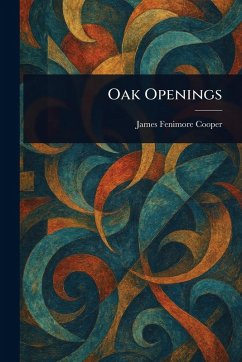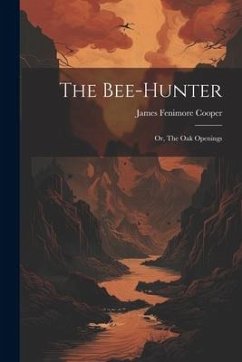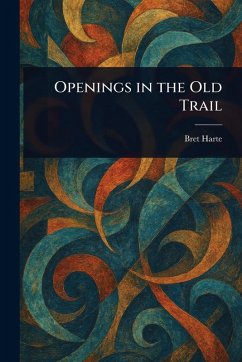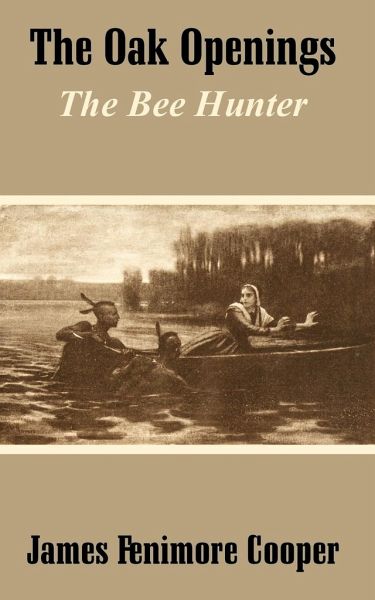
The Oak Openings
The Bee Hunter
Versandkostenfrei!
Versandfertig in 1-2 Wochen
25,99 €
inkl. MwSt.
Weitere Ausgaben:

PAYBACK Punkte
13 °P sammeln!
The Oak Openings - the last of Cooper's twelve Indian tales - was commenced on New Year's day of 1848, and written in the course of the following winter and spring. James Fenimore Cooper (1789-1851) was an American novelist, travel writer, and social critic, regarded as the first great American writer of fiction. He was famed for his action-packed plots and his vivid, if somewhat idealized, portrayal of American life in the forest and at sea.





